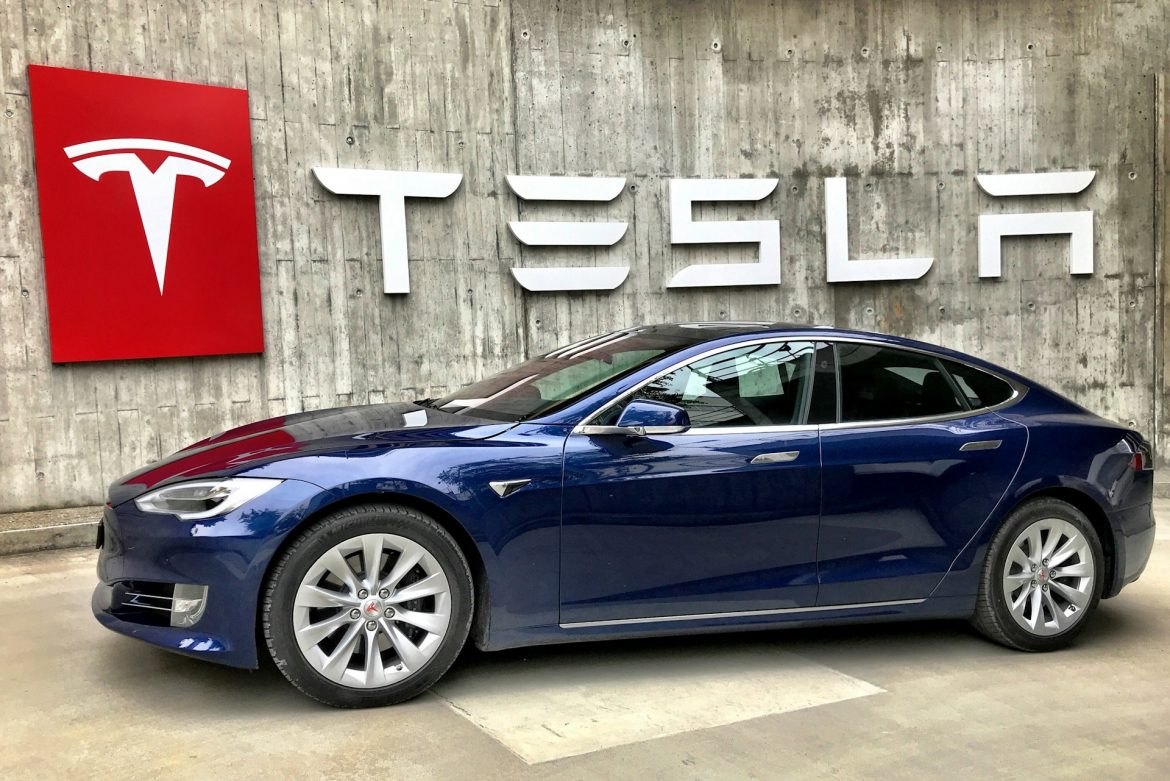The arrival of autonomous vehicles, also known as self-driving cars, on our roads is like something straight out of a science fiction movie. These high-tech vehicles, equipped with sensors and AI, promise a future where getting from A to B requires less effort and is safer. In this blog, we’ll explore how these futuristic machines are reshaping our daily commutes and the broader transportation landscape.
What are Autonomous Vehicles?
At their core, autonomous vehicles are cars and trucks that use technology to drive themselves. They rely on cameras, radar, and other sensors to navigate and avoid obstacles, all without human intervention. Companies like Tesla, Waymo, and Cruise are at the forefront, each developing their unique take on this technology.
Enhancing Road Safety
One of the most significant impacts of autonomous vehicles is the potential for increased road safety. Human error is a leading cause of accidents, and machines don’t get tired, distracted, or impaired. By removing these variables, we could see a drastic reduction in accidents, making our roads safer for everyone.
Reducing Traffic Congestion
Imagine a road where cars communicate with each other, synchronizing speeds and movements to keep traffic flowing smoothly. This isn’t a distant dream; it’s a real possibility with autonomous vehicles. By optimizing driving patterns and reducing the stop-and-start nature of human driving, we could see a decrease in traffic jams, making our commutes quicker and less frustrating.
Impact on the Environment
Autonomous vehicles could also be a boon for the environment. By making driving more efficient, they can reduce fuel consumption and emissions. Additionally, the rise of self-driving cars could boost the adoption of electric vehicles, further cutting down on pollution and helping combat climate change.
Challenges and Concerns
While the benefits are significant, autonomous vehicles also present challenges. Questions around safety, especially how these vehicles will respond in unpredictable situations, remain. There’s also the issue of cybersecurity and protecting these vehicles from hacking. Lastly, the impact on employment, particularly for those in driving professions, is a concern that society will need to address.
The Road Ahead
The journey towards a world where autonomous vehicles are commonplace is still underway. Regulations, technological advancements, and public acceptance all play a role in how quickly and smoothly we get there. However, the potential benefits – from safer roads to cleaner air – make it a journey worth pursuing.
In conclusion, autonomous vehicles are not just changing the way we drive; they’re reshaping our entire approach to transportation. As companies like Tesla, Waymo, and Cruise continue to innovate, the dream of a world where cars drive themselves is becoming an increasingly tangible reality. The road ahead is exciting, and it’s one we’re all on together.




